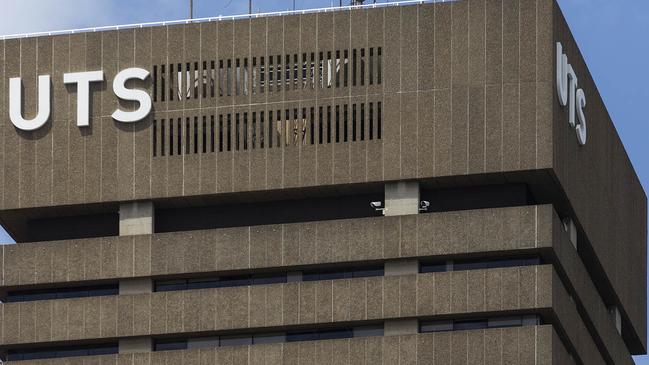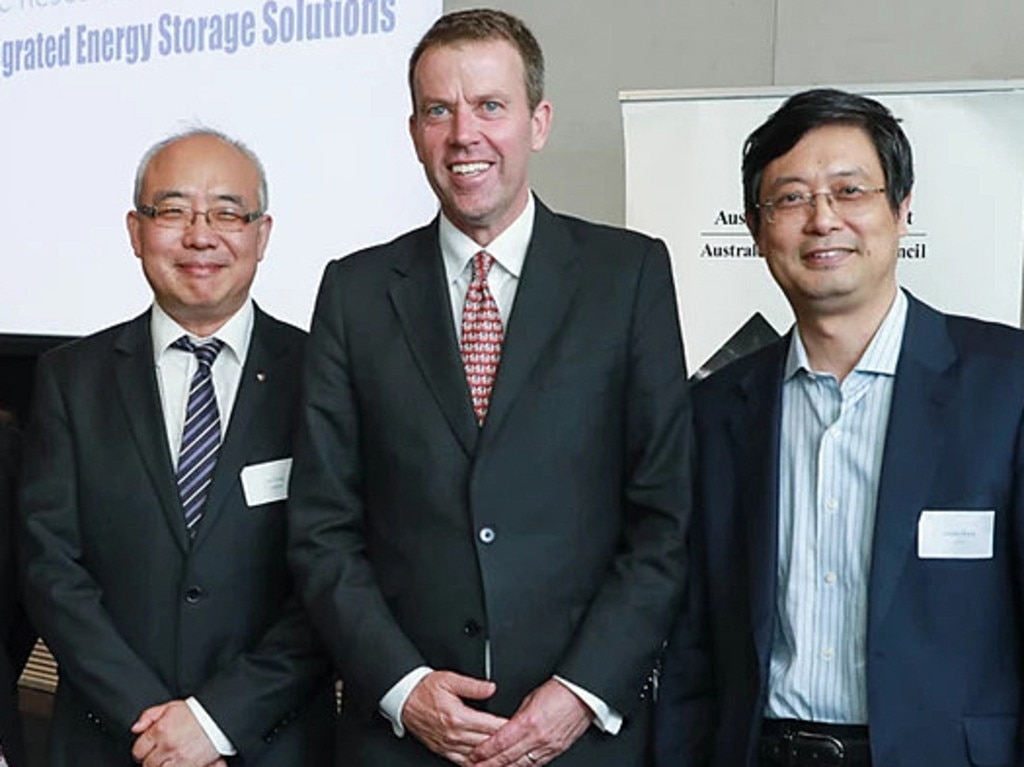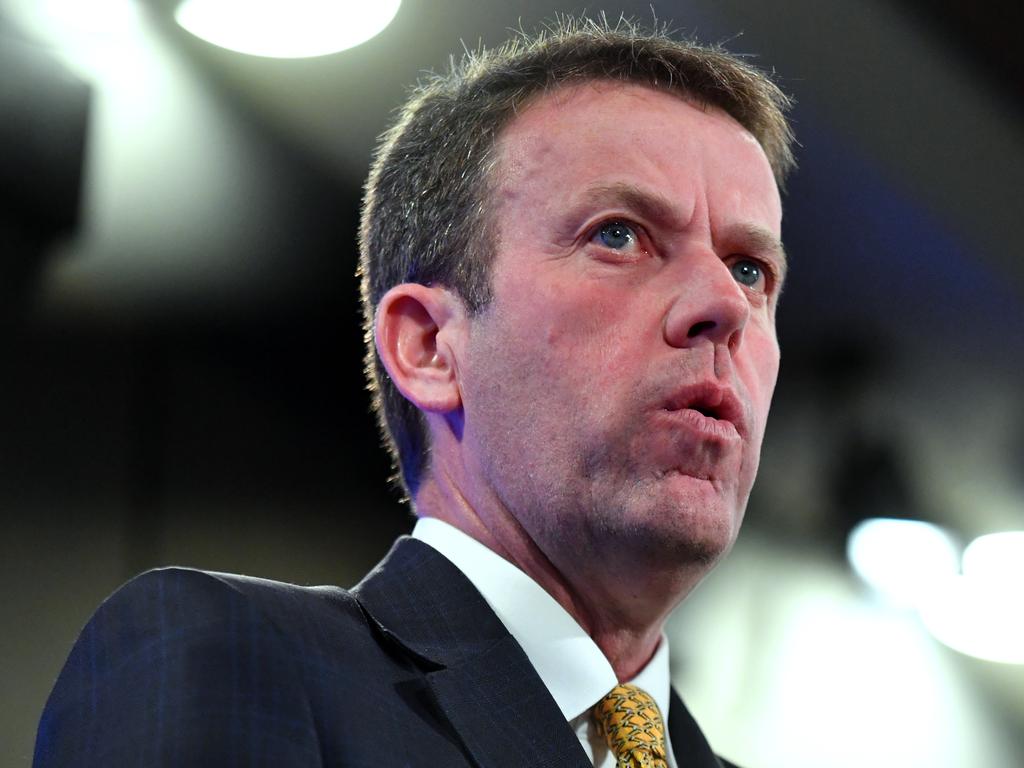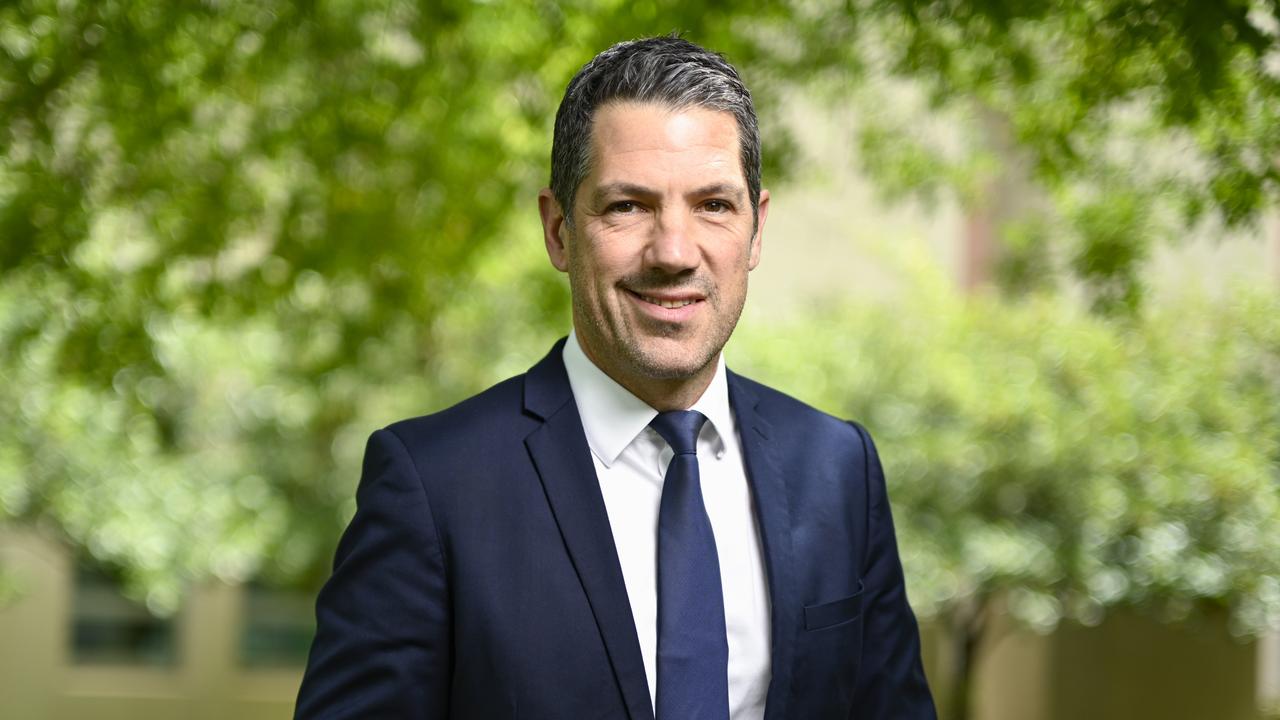‘Security risk’ scientists kept on staff at nation’s top universities
Scientists denied taxpayer-funded grants on national security grounds remain on staff at some of the nation’s top universities, with the institutions finding no reason to dismiss them.

Scientists denied taxpayer-funded grants on national security grounds remain on staff at some of the nation’s top universities, with the institutions finding no reason to dismiss them.
A federal parliamentary inquiry into national security risks facing the higher education sector heard at least one of the rejected grants was a proposed collaboration with Chinese scientists.
The Australian Research Council told the inquiry it referred 18 grant applications to Home Affairs late last year for further checks, after being alerted to “sensitivities” — in-part by media reporting.
The Australian revealed last month that former education minister Dan Tehan rejected five of those applications in December, amid a crackdown on projects that could hand military or economic advantage to foreign adversaries.
Parliament’s intelligence and security committee heard on Friday that two of the rejected grant applications were from the Australian National University.
The Queensland University of Technology and the University of Technology Sydney each had a grant rejected, while an unnamed institution also had an application knocked back.
Universities told the committee that collaboration between institutions and security agencies had ramped up since 2018 in response to growing concerns about Chinese interference and intellectual property theft.
But the institutions questioned national security rulings against their scientists, denying them project funding of up to $500,000 per project.
QUT vice-chancellor Margaret Sheil said one of the university’s scientists was denied a grant “on the basis of the institution involved in the collaboration” and the proposed area of research.
She confirmed the proposed research partner was a Chinese university, but said QUT’s own assessment of the project “did not indicate any concerns on national security grounds”.
ANU vice-chancellor Brian Schmidt said the university understood why one of its applications was knocked back, but disputed the rejection of the second.
“We do not have any indication why it failed or that it should have failed,” he told the committee. In both cases, the researchers involved remained at the institution.
“We think that the conflict … is easily managed in certainly the one case, and we are not even convinced there is an issue to consider in the other case. So, at this point, we do not see there to be a problem,” Professor Schmidt said.
UTS vice-chancellor Attila Brungs said the university found “nothing problematic” about its researcher whose grant was rejected, and the scientist remained on staff.
The ARC told the committee that it was still looking into past grant awards to the researchers whose applications had been rejected. It said the council was separately looking at a further five cases of grants in which conditions had potentially not been met.
Researchers could have future funding denied or be forced to pay back money if found to be in breach of grant conditions, ARC chief executive Sue Thomas said.
She said universities would be notified if misuse of grants was detected, but the ARC would not be “spreading it more publicly around”.
ASIO director-general Mike Burgess told the committee last week that universities were facing levels of foreign interference not seen since the Cold War.







To join the conversation, please log in. Don't have an account? Register
Join the conversation, you are commenting as Logout